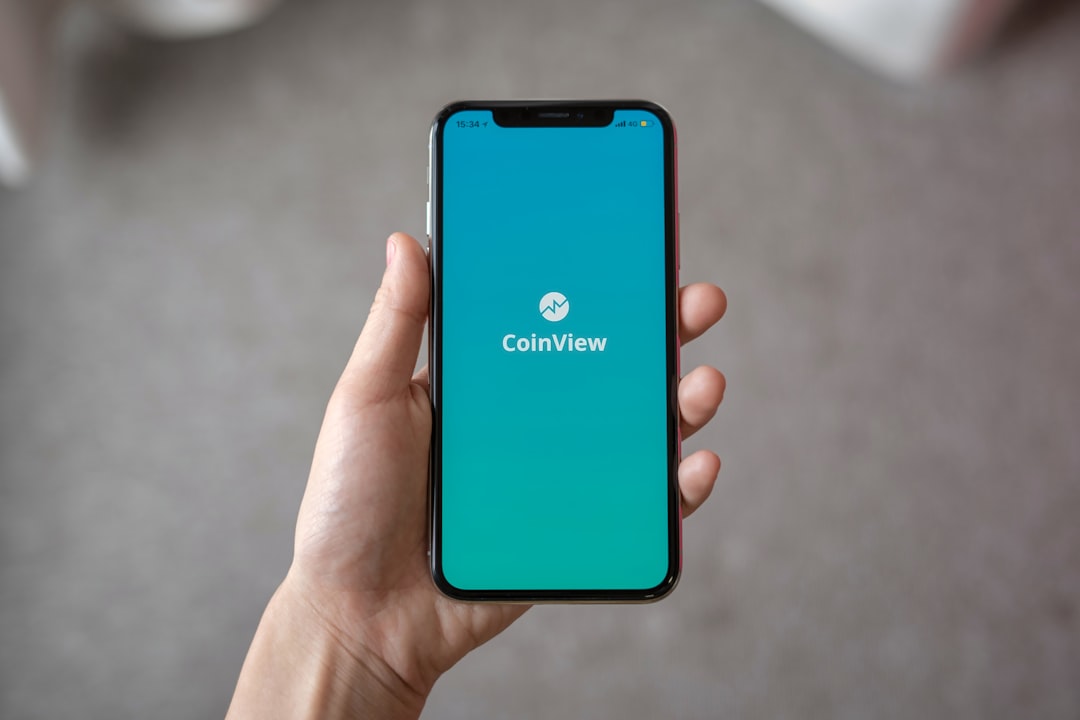Seniors in Georgia can protect themselves from unwanted telemarketing calls by registering on the state's Do Not Call Registry, managed by the Georgia Public Service Commission. This service reduces unsolicited marketing calls and is free to use. Educating seniors about their rights and the registry is crucial for protecting them from scams. Strategic partnerships with community groups and legal assistance from a lawyer for Do not call Georgia can enhance these efforts, empowering seniors with knowledge against telemarketing tricks and ensuring their privacy.
In Georgia, telemarketing calls can often be a source of frustration and even fear for seniors. To combat this, creating an awareness program is essential. This guide outlines a comprehensive strategy, from understanding the state’s Do Not Call Registry to implementing protection strategies. We’ll explore why such programs are vital for elderly residents, providing steps to create effective education, leveraging local resources and legal support, and safeguarding seniors from deceptive practices, including tips on hiring a lawyer specializing in Georgia’s Do Not Call laws.
Understanding the Do Not Call Registry in Georgia: A Senior's Guide

In Georgia, seniors have a powerful tool at their disposal to combat unwanted telemarketing calls – the Do Not Call Registry. This state-level registry allows individuals 65 and older to register their phone numbers and restrict marketing calls. It’s managed by the Georgia Public Service Commission (GPSC) and is free to use. By signing up, seniors can significantly reduce the volume of unsolicited calls they receive, offering a much-needed respite from persistent telemarketers.
Understanding how it works is straightforward. Seniors simply need to visit the GPSC website or call their office to register their landline or mobile number. Once registered, businesses must comply with the state’s regulations, ensuring they don’t make telemarketing calls to these protected numbers unless the caller has an established business relationship with the recipient or obtains explicit consent. Those who violate this rule face penalties, including fines and legal action, making it a beneficial service worth utilizing for Georgia’s aging population. For comprehensive assistance, consulting a lawyer specializing in the Do Not Call Registry in Georgia can be advisable.
The Importance of Telemarketing Awareness for Elderly Residents

In today’s digital age, telemarketing has become an increasingly common method of communication, impacting people across various demographics, especially elderly residents in Georgia. Many seniors may feel vulnerable to aggressive sales tactics or inadvertently fall victim to scams disguised as legitimate calls. Therefore, raising awareness about telemarketing practices is crucial for the protection and well-being of this demographic.
Senior citizens, often with limited access to technology and varying degrees of digital literacy, can be targeted by unscrupulous individuals or organizations using high-pressure sales techniques. By educating them about their rights and the Do Not Call Georgia laws, residents can learn to identify and avoid potential scams. A well-informed elderly community is better equipped to navigate these interactions confidently, ensuring they make choices that align with their best interests without fear of coercion or manipulation.
Step-by-Step: Creating an Effective Education Program

Creating an effective education program involves several strategic steps. Start by identifying key target groups among seniors in Georgia, considering factors like age ranges, technological proficiency, and common phone usage patterns. Tailor your approach to address their unique needs and concerns regarding telemarketing calls. Develop a comprehensive curriculum that includes basic knowledge about the Do Not Call (DNC) registry in Georgia, how to register, and the benefits of doing so.
Incorporate interactive learning methods such as workshops, webinars, or one-on-one sessions with trained volunteers or professionals. Explain common telemarketing scams and teach seniors how to recognize and avoid them. Encourage questions and discussions to foster a safe space for sharing experiences. Regularly update the program to reflect changes in telemarketing trends and laws, ensuring that seniors have access to the latest information. Collaborate with local organizations, senior centers, and community groups to reach a wider audience and reinforce the program’s impact.
Utilizing Local Resources and Legal Support

Creating a telemarketing awareness program tailored for seniors in Georgia involves leveraging local resources and legal support to ensure effectiveness. Start by partnering with area senior centers, churches, and community organizations that cater to this demographic. These groups can serve as excellent channels for disseminating information about the Do Not Call Registry and its benefits. Encourage eligible seniors to register, emphasizing the legal protections offered by state laws like those governing a lawyer for Do not call Georgia.
Additionally, collaborate with local bar associations or consumer protection agencies that provide free legal aid. These entities can offer guidance on telemarketing scams, help resolve complaints, and educate seniors about their rights. By integrating these resources into your program, you empower seniors to make informed decisions regarding their privacy and protect them from potentially harmful marketing practices.
Implementing Strategies to Protect Seniors from Scams

In creating a telemarketing awareness program, it’s crucial to equip seniors in Georgia with strategies that protect them from common scams. Many elderly individuals are targeted by fraudulent calls claiming to be from government agencies, charities, or even lawyer for Do not call Georgia. These scams often involve pressure tactics and false promises, aiming to steal personal information or money.
Educating seniors about the existence of such schemes is vital. Teach them to verify the identity of callers by asking for specific details, like a correct spelling of their name and address. Encourage them not to feel pressured into making an immediate decision during calls and to hang up if they suspect foul play. Additionally, emphasizing the importance of registering on the Do Not Call list is key in reducing unwanted and potentially harmful telemarketing calls.






